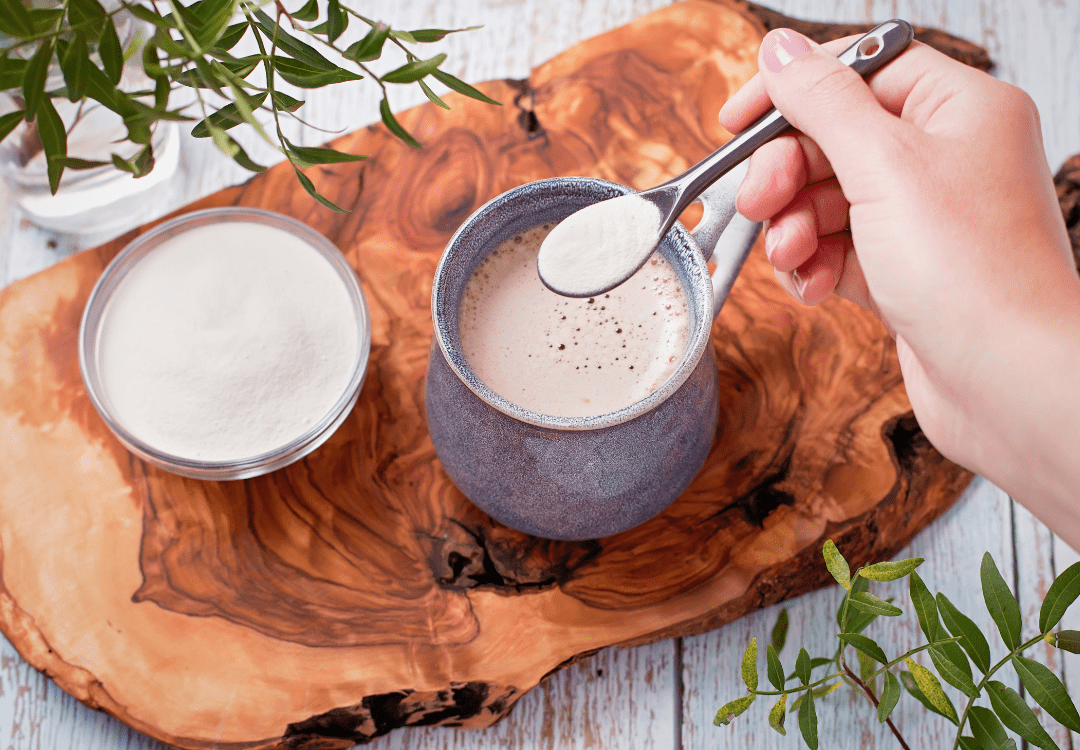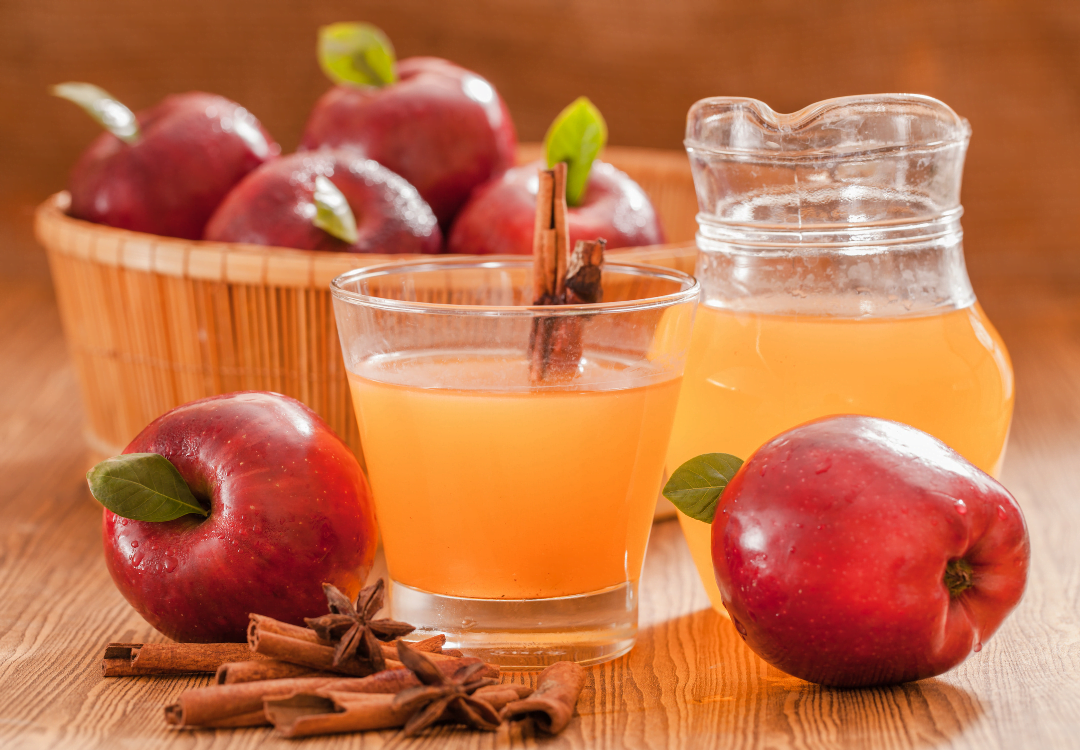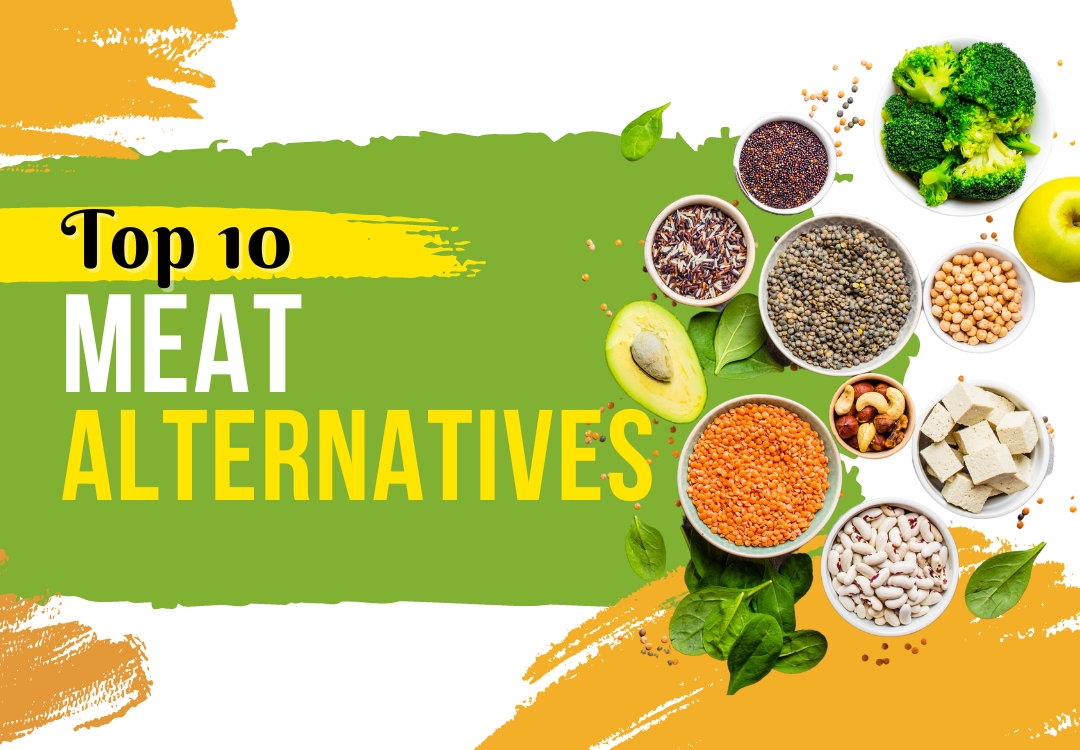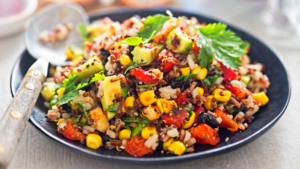Introduction
It is hardly surprising that collagen has become a popular issue in the health and beauty sector, given its vital role in sustaining overall health and well-being.
However, as we get older, our bodies create less collagen, which can cause wrinkles and less elastic skin.
Collagen-infused products are widely accessible and advertised as a way to enhance our health from the inside out, ranging from anti-aging cosmetics to joint-support supplements.
This post will look at the science behind collagen and dive into the specific ways it can improve your health and appearance.
In addition, we will discuss techniques to boost collagen in the body as well as advice for managing collagen levels.
Why Collagen Is Important
Collagen is a protein that occurs naturally in the body. It makes up two-thirds of the protein in our skin, bones, and connective tissues.
As it offers structural support and helps preserve the integrity of numerous tissues, it is sometimes referred to as the “glue” that keeps everything together.
The following are the most significant collagen health benefits:
- Enhanced skin vitality and appearance
- Increased flexibility and joint health
- Improved digestion and intestinal health
- Prevents bone loss
- Boosts metabolism and muscle mass
- Thicker hair and stronger nails
Proline, hydroxyproline, and glycine, three extremely potent amino acids, are the building blocks of collagen. Any type of collagen you ingest is transformed into amino acids before being used by your body.
Despite the fact that they all contribute to increasing collagen storage, hydroxyproline protects the structural integrity of your collagen.
Knowing which forms of collagen work best for you is essential if you want to get the most out of them.
Different types of collagen and their roles in the body
There are several different types of collagen that are found in the human body. Some of these include:
Type I collagen: This is the most abundant type of collagen in the body, and it is found in the skin, tendons, ligaments, and bones. It provides structural support and is important for skin elasticity and wound healing.
Type II collagen: This type of collagen is found in cartilage and is important for joint health and mobility.
Type III collagen: This type of collagen is found in the skin, blood vessels, and muscles. It is often found alongside Type I collagen and helps to provide structure and support.
Type V collagen: This type of collagen is found in the placenta, hair, and inner ear.
Type X collagen: This kind of collagen aids in the production of bone and cartilage, as well as the prevention of diseases such as arthritis and osteoporosis.
It is commonly found in eggshell membranes and can be described as a “network-forming collagen”.
Although there are many different forms of collagen, the first three account for 80% of your body’s supply.
To get the most out of your collagen supplement, look for one that has at least these three kinds; ideally, you should select one that includes all five.
Collagen for Skin Health and Appearance
Collagen is a crucial element of the skin, providing structural support and helping to keep it firm and youthful-looking.
As collagen levels decrease with age, the skin loses its elasticity, and wrinkles and fine lines start to form. Collagen is responsible for keeping the skin looking plump and firm, it also helps to maintain skin hydration.
By maintaining skin hydration, collagen ensures that the skin looks smooth and supple. It is also important for skin elasticity, as it helps to form a network of fibers that work to keep the skin tight and resilient.

Collagen also aids wound healing by stimulating the development of new blood vessels and skin cells.
A decrease in wrinkles and fine lines can be achieved by taking collagen supplements to enhance the skin’s collagen levels.
Other benefits for skin health include improved hydration, elasticity, and skin tone, it also may help with acne and scarring, although more research is needed.
Collagen for Joint Health
Collagen plays a crucial role in supporting joint health, such as improved mobility and flexibility, specifically by providing structural support for the cartilage that cushions the joints.
Collagen is an essential component of cartilage, which is the tissue that cushions the joints and helps to absorb shock. Specifically, Type II collagen is the main component of cartilage, and it provides the structure and strength that allows the cartilage to resist wear and tear.
When the body has enough collagen, the cartilage is able to withstand stress and pressure and the joints move smoothly.
However, when collagen levels decrease, the cartilage becomes weaker and more susceptible to damage, which can lead to joint pain and inflammation.
Collagen for Bone Health
Collagen is a key component of the matrix of bone tissue, along with calcium and other minerals, providing the bones with strength, flexibility, and support.
Type I collagen, in particular, is a major component of the organic matrix that gives bones their tensile strength, while also supporting the mineralization of the bone tissue.
Collagen also plays a role in the formation and repair of bone, which is essential for maintaining bone health and density.

The body’s ability to make collagen declines with age, which can lead to a reduction in bone density and an increased risk of osteoporosis.
Studies have shown that collagen supplements may help improve bone density and lower the risk of osteoporosis. Collagen may help to slow the rate of bone loss by supporting the formation and repair of bone tissue.
Furthermore, collagen may also increase the absorption of calcium and other minerals, which is important for bone health.
It’s important to note that further study is required to determine the precise impacts, and dosage of collagen supplements for bone health.
Collagen supplements should not take the place of other tried-and-true methods for promoting bone health, such as consuming enough calcium and vitamin D, exercising regularly, not smoking, and avoiding excessive alcohol use.
Collagen For Weight Management
According to studies, collagen supplements may help to decrease hunger and encourage weight loss. Collagen may help to increase feelings of fullness and reduce hunger, which can lead to decreased calorie intake and weight loss.
Additionally, collagen is a protein source, which can help to support muscle mass and metabolism, both of which are important for weight management.
Collagen may also assist in lowering insulin resistance, a contributor to weight gain and obesity.
Further studies are required to establish the long-term impact of collagen supplements on managing weight and regulating appetite. Results may vary for each person.
Collagen Production Changes As We Age
As mentioned earlier, as we get older, there is a decrease in collagen production which leads to deterioration in the health and appearance of various body tissues.
From around age 20, collagen production drops by up to 1% annually. This decrease in collagen can lead to:
1. Wrinkles and fine lines
As collagen levels decrease, the skin loses its elasticity, and wrinkles and fine lines start to form.
2. Reduced firmness and elasticity of the skin
Collagen provides structural support to the skin and helps to keep it firm and youthful-looking. As collagen levels decrease, the skin becomes less firm and can start to sag.
3. Joint pain and inflammation
Collagen plays a crucial role in cartilage, serving as a cushion for joints and a shock absorber. Reduced collagen levels make cartilage weaker and more prone to injury, which can cause joint inflammation and discomfort.

4. Osteoporosis
Collagen is an essential component of the matrix that makes up bone tissue. When collagen levels fall, bone density decreases, which leads to an increased risk of osteoporosis.
5. General weakness
Collagen is found in many parts of the body, and its decline can affect the overall structural integrity of the body.
Other factors, such as genetics, diet, lifestyle, and overall health can also play a role in collagen production, and the rate of collagen loss may vary from person to person.
Additionally, factors such as poor nutrition, smoking, sun exposure, and other environmental factors can also accelerate the loss of collagen.
Dosage and Best Time To Take Collagen
The ideal time to take collagen supplements and the suggested dosage will depend on the person and the specific product.
In general, it’s best to take collagen supplements at a time when they can be most effectively absorbed by the body, which is usually between meals or before bed. Some manufacturers also recommend taking collagen supplements on an empty stomach for better absorption.
As for the recommended dosage, it can vary widely depending on the brand and type of collagen supplement you are taking, and also the reason for taking it.
Some clinical studies have used dosages ranging from 2.5 grams to 15 grams per day. Generally, most collagen supplements come in doses of 2 to 10 grams per serving.
There really is no standardized dosage or dosing schedule for collagen supplements and the appropriate dosage may depend on your dietary needs, as well as other health factors.
How To Increase Collagen In The Body
Apart from taking collagen supplements, there are several other ways to boost collagen levels in the body:
Eating collagen-rich foods
Collagen can be found in foods such as bone broth, fish (especially fish skin), organ meats, and eggs. Consuming
these foods regularly can help to boost collagen levels in the body.

Incorporating nutrients that support collagen production
Nutrients such as vitamin C and silica, which are found in fruits and vegetables like bell peppers, strawberries, and cucumber, can help to promote collagen production in the body.
Lifestyle habits
Avoiding smoking and excessive sun exposure can help to protect the collagen in your skin, as the substances in
cigarette smoke and UV radiation can break down collagen fibers.
Also, getting enough sleep and managing stress levels can also be beneficial for collagen production.
Exercise
Regular exercise can help improve the blood flow and oxygen levels in the body, this can provide the skin and other
collagen-rich areas with the nutrients they need to produce more collagen.

Topical application
Collagen can be found in some skincare products, such as creams and serums. The effectiveness of topical collagen products is controversial as the molecules are too big to be absorbed through the skin.
However, some studies have shown that certain skin-care ingredients like retinoids, can help stimulate collagen production when applied topically.
Conclusion
Collagen is an essential protein that is involved in a number of important processes that contribute to one’s general health and well-being.
This post has explored the science behind collagen and the specific ways in which collagen can benefit your health and appearance.
We’ve learned that collagen provides structural support to the skin, tendons, ligaments, bones, and cartilage, and helps maintain the integrity of various tissues. Collagen levels decline as we age, leading to wrinkles, loss of skin elasticity, joint pain, and osteoporosis among other symptoms.
In addition to taking supplements, there are other strategies to boost collagen levels in the body. These include consuming collagen-rich foods, leading a healthy lifestyle that includes regular exercise, getting enough sleep, and managing stress.
source https://www.healthyannex.com/collagen-health-benefits/?utm_source=rss&utm_medium=rss&utm_campaign=collagen-health-benefits











